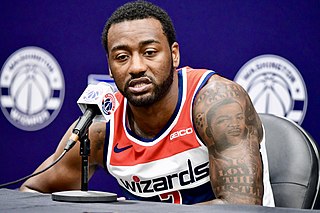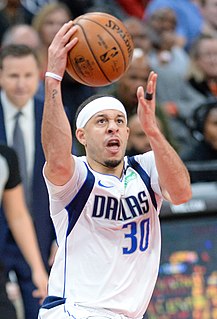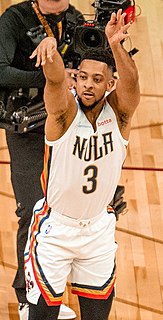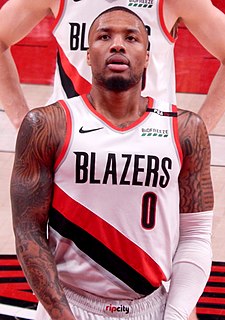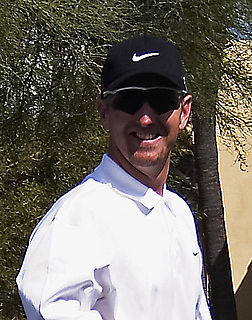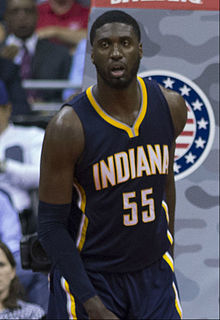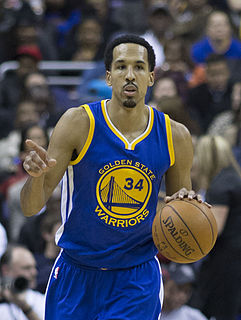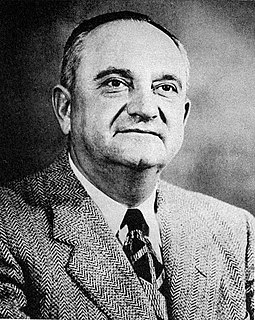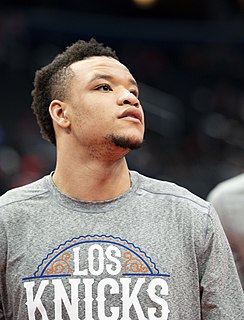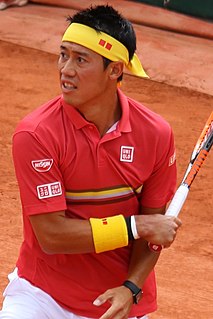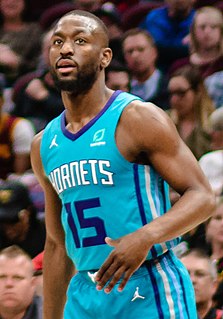A Quote by James Blish
But now the shots began—not many, but one shot is a fusillade if there have been no shots before.
Related Quotes
The time to hurry is in between shots. It's not over the shot. It's timing how people walk. You have to add that to the equation. If you've got somebody walking slow and they get up to the shot and take their 20 seconds, what's the aggregate time for them to hit that shot in between shots? That's what really matters. It's not the shot at hand.
For me, it's just finding ways to create shots. I feel like if I got a shot off, it has a good chance of going in. So it's finding ways of creating different shots. Being smart. I watch film a lot, and different tricks that I can do to get my shot off the ball and creating ways to get shots off of pick-and-rolls or one-on-one situations like that.
It's been a part of my game for life. It's tougher to finish in the lane so you've got to find different areas to score efficiently and the mid-range contested shot is a shot a lot of teams will live with. And it's a shot I'm willing to live with as well just because I've gotten so many shots at it and I'm comfortable with it.
I believe that good defense embodies seven cardinal principle: reduce the number of your opponent's shots; force your opponent into low percentage shots; control everything within 18 feet; eliminate second shots; no easy baskets; point the ball on all long shots; and prevent the ball from going into the pivot man.



